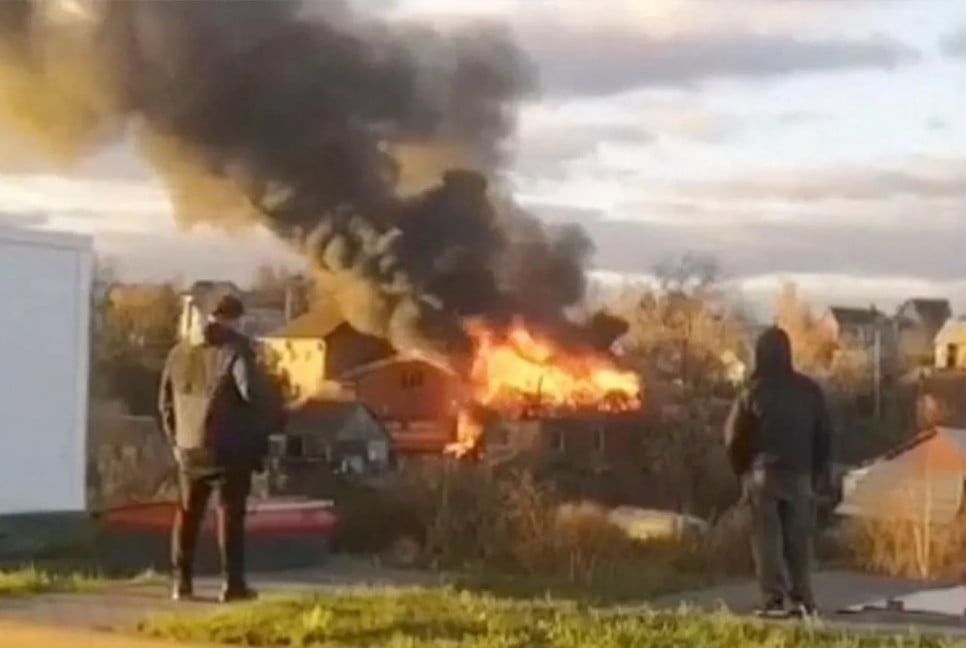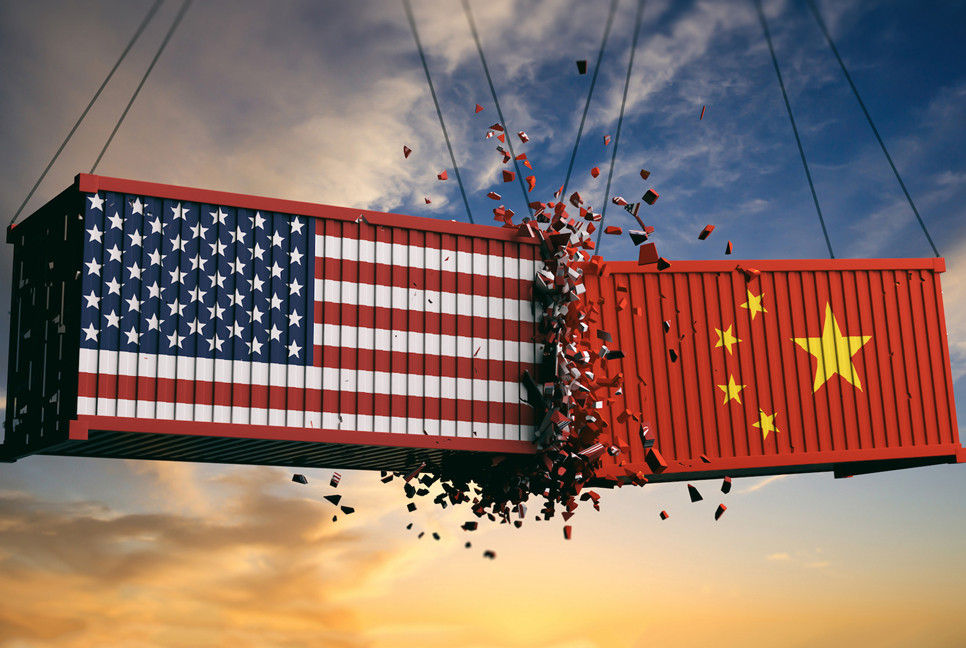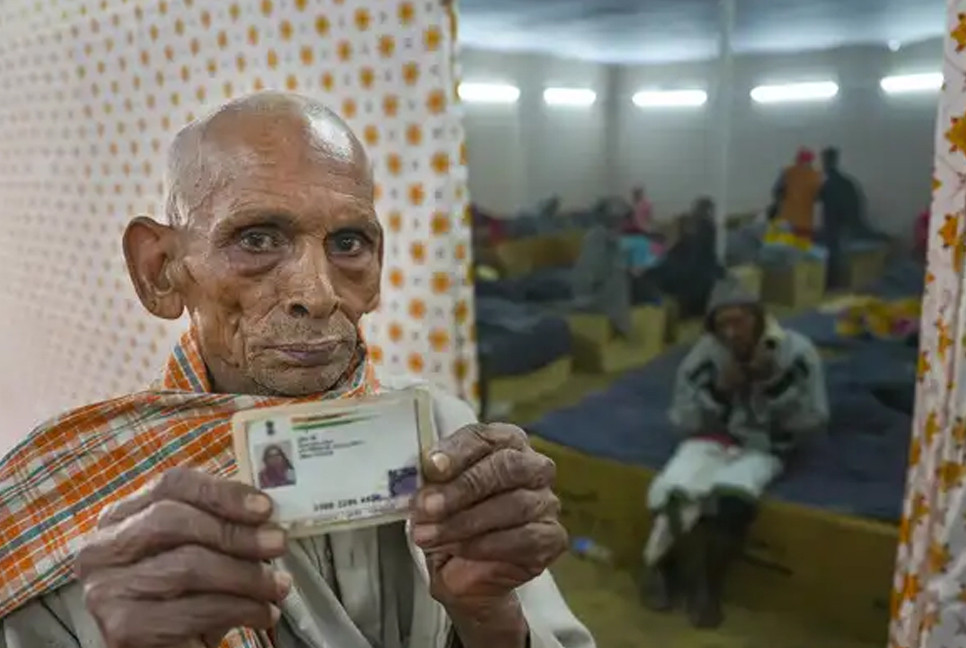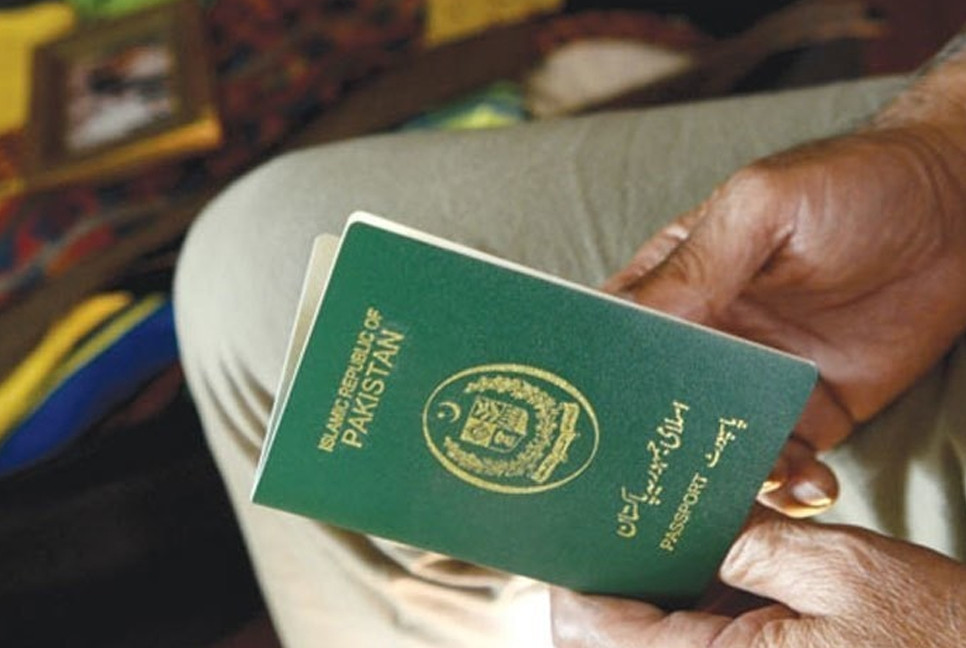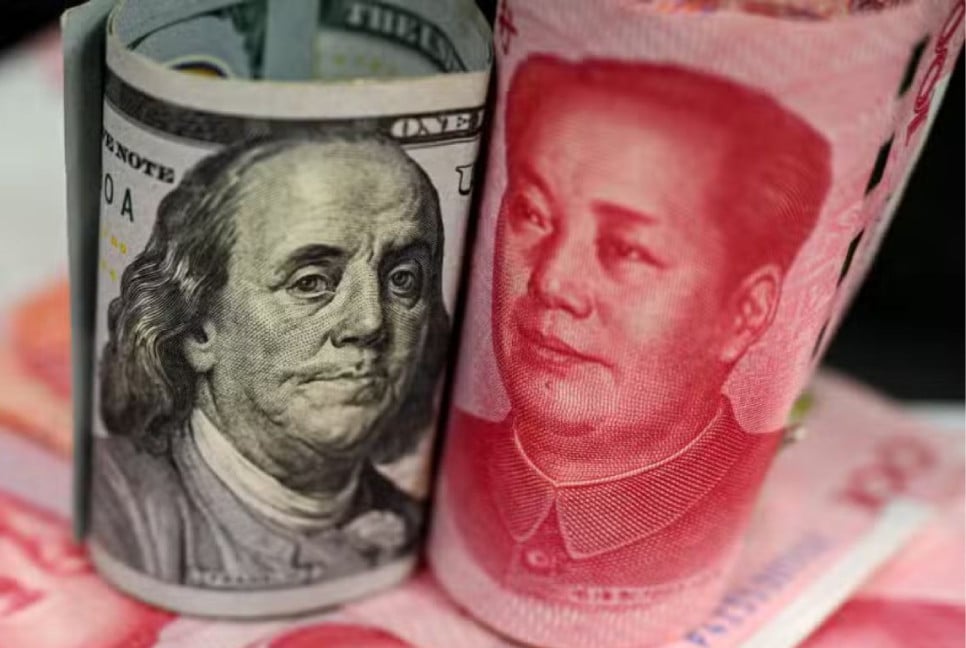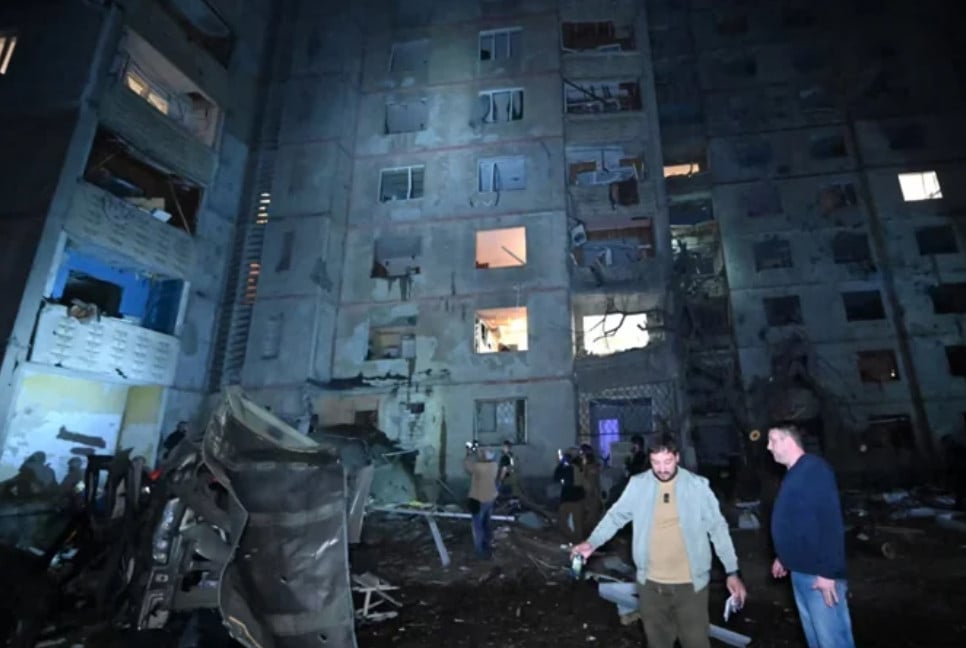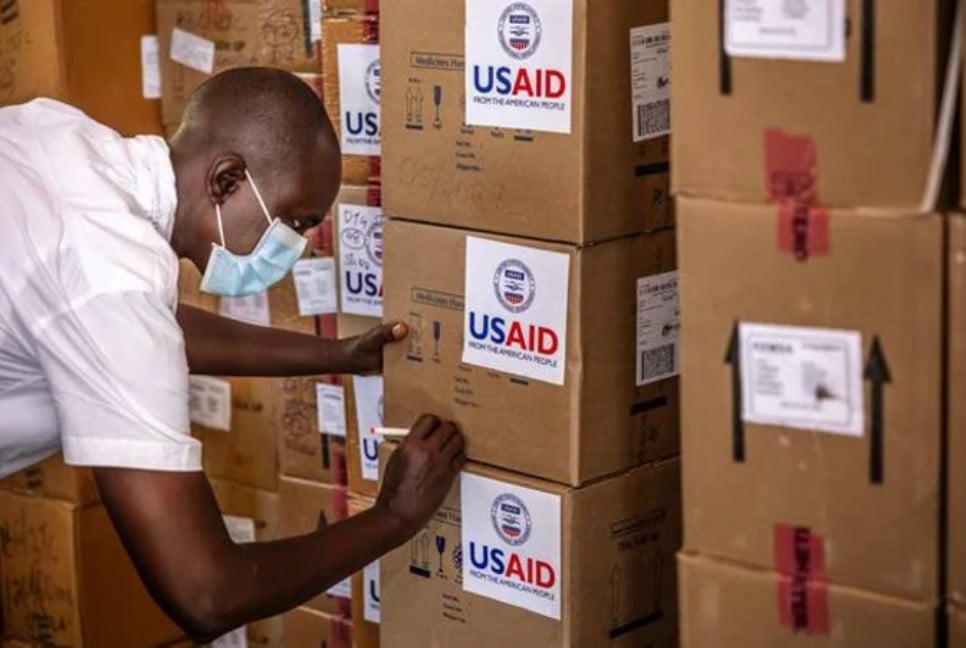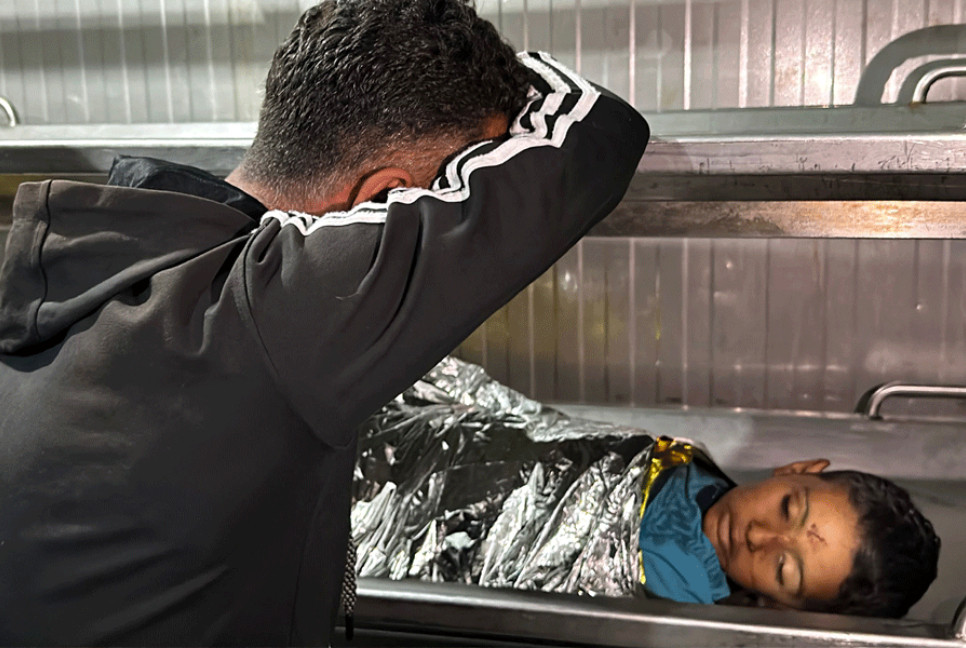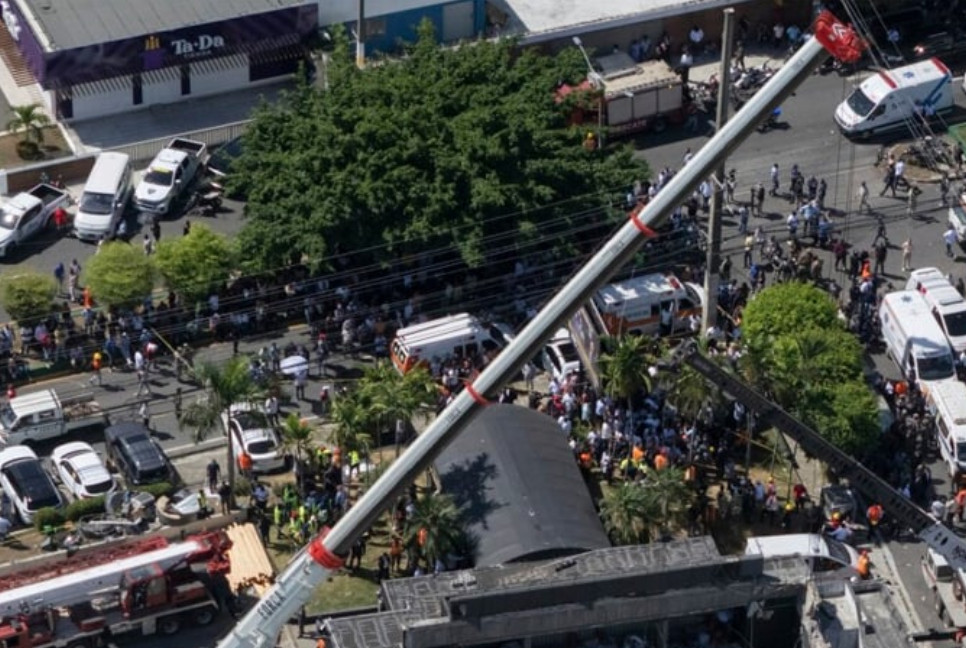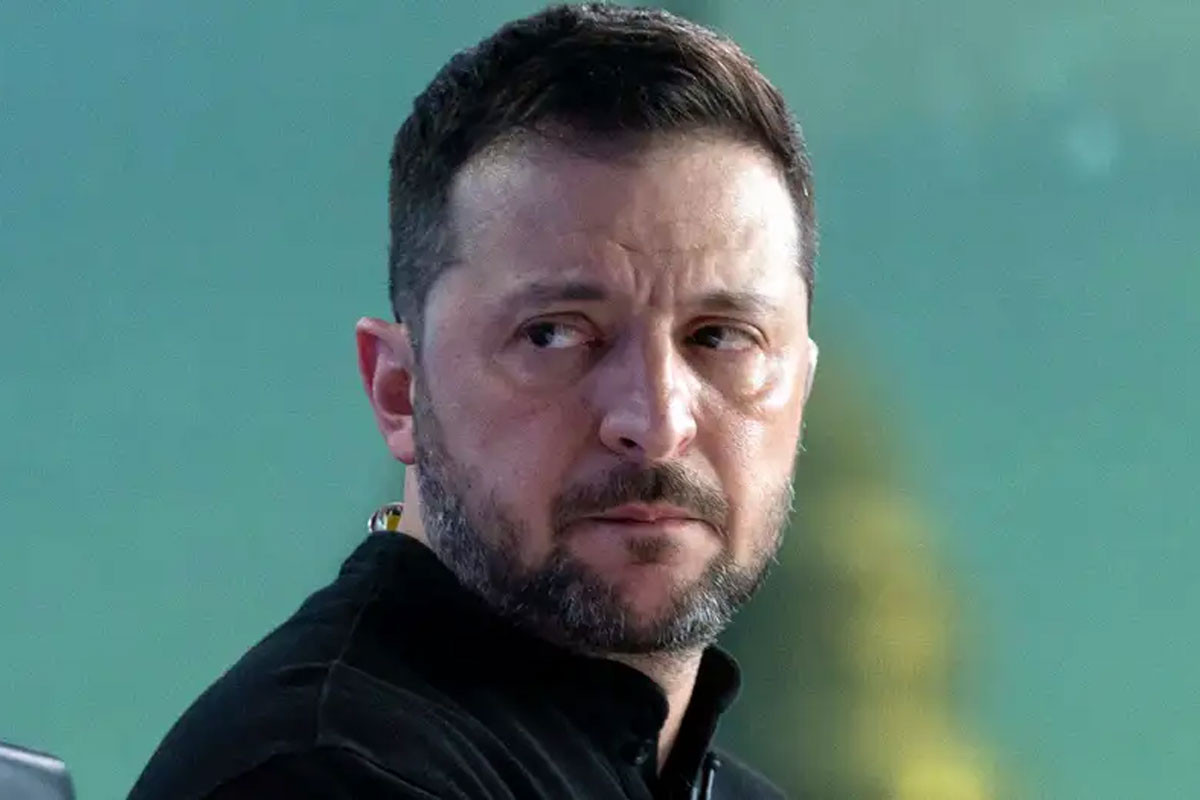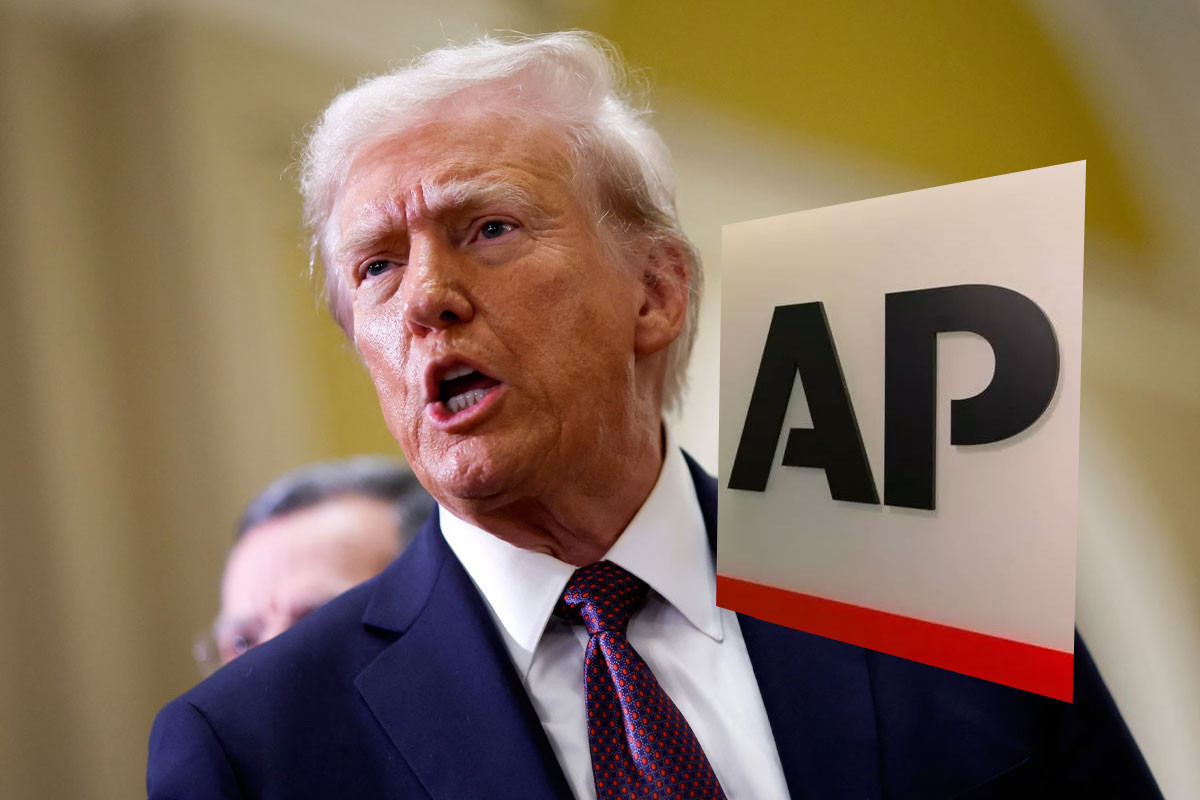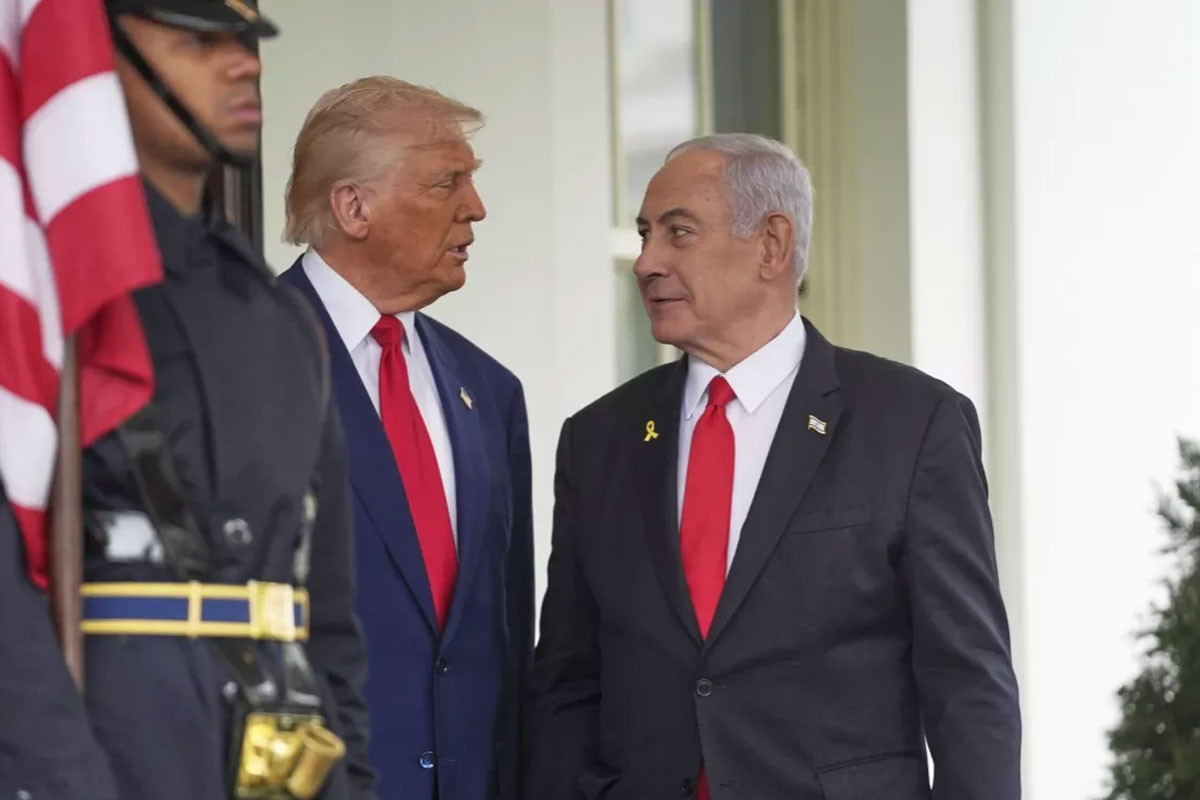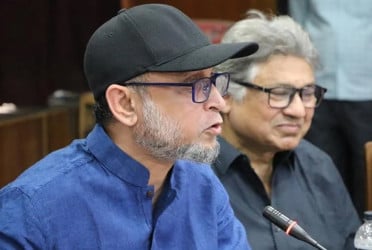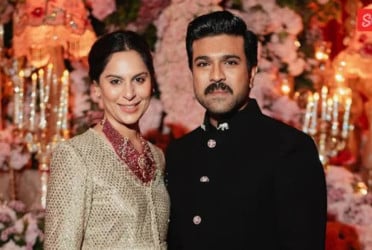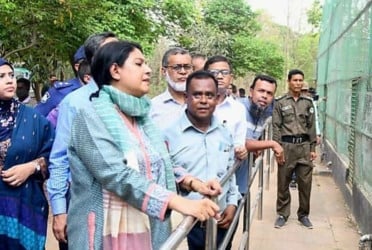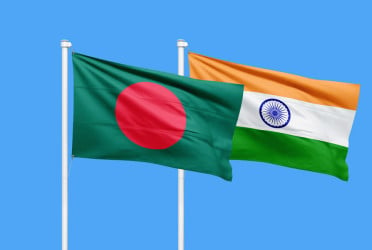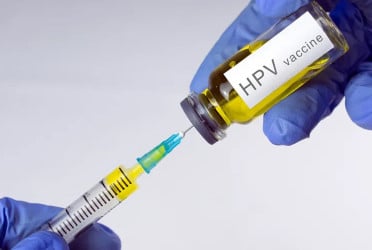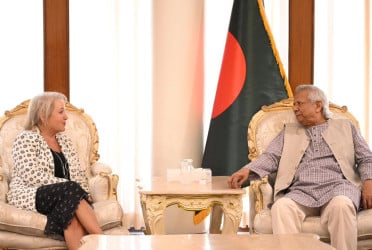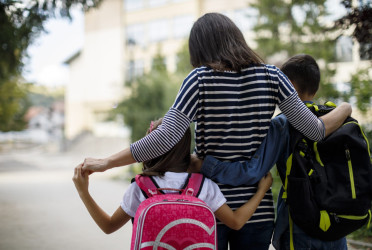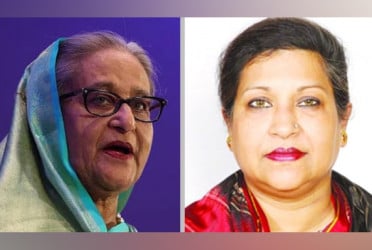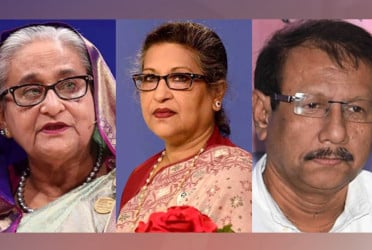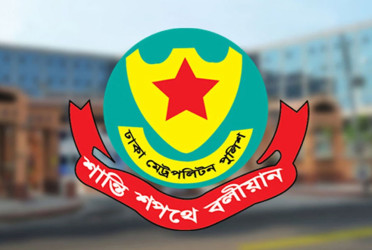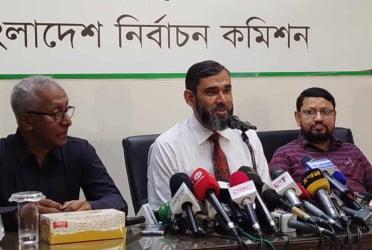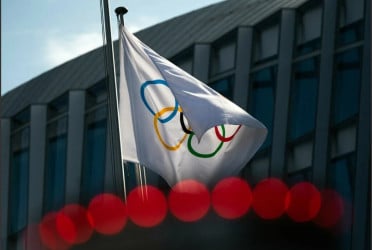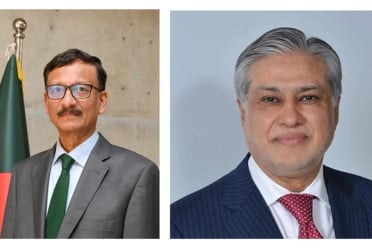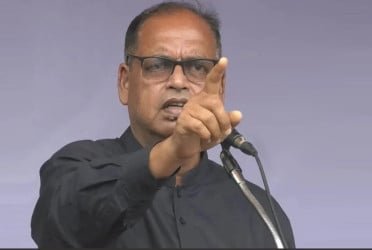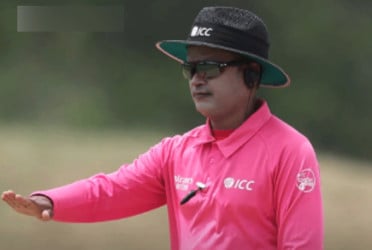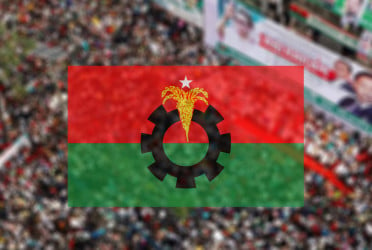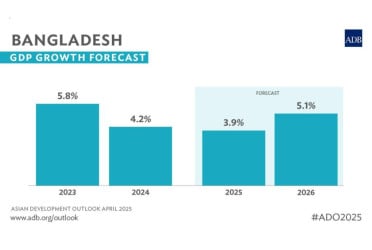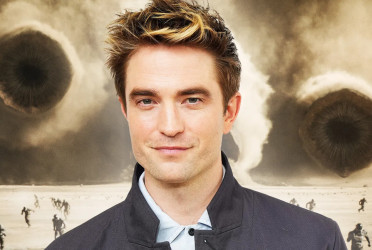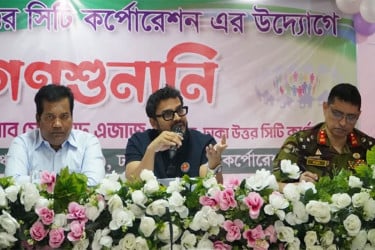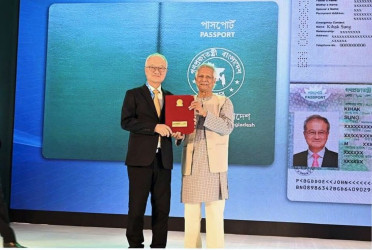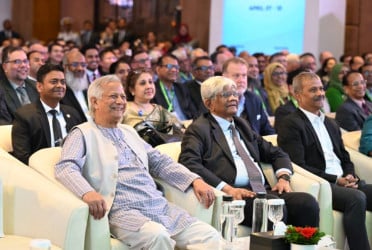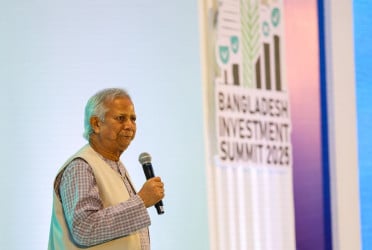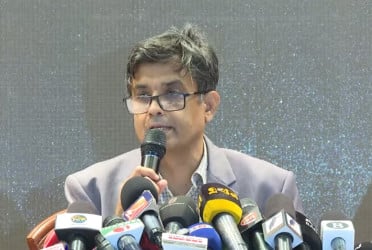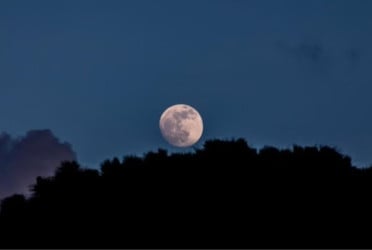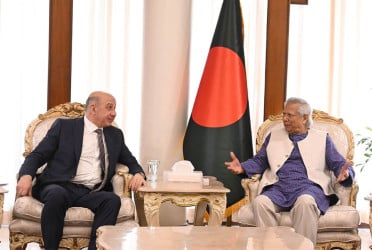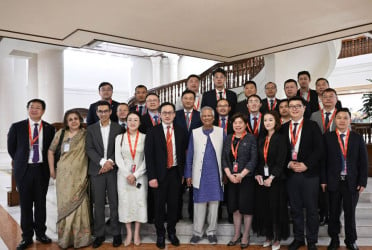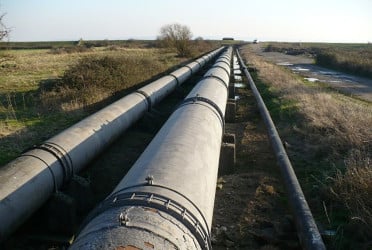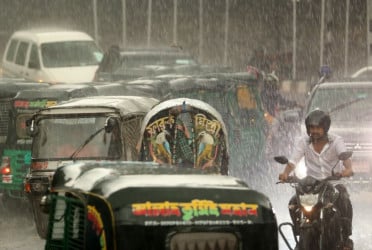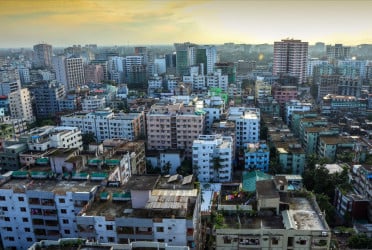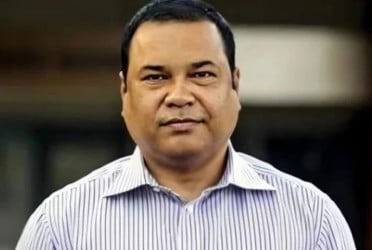Russia and Ukraine have carried out their biggest drone attacks against each other since the start of the war.
Russia's defence ministry also said it intercepted 70 Ukrainian drones over six regions, including some approaching Moscow which forced flights to be diverted from three of the capital's major airports.
Ukraine's air force said Russia launched 145 drones towards all parts of the country, with most shot down, reports BBC.
The barrages come amid expectations that US president-elect Donald Trump may put pressure on both sides to end the conflict.
Ukraine's attempted strike on Moscow was reportedly its largest attack on the capital since the war began, and was described as "massive" by the region's governor.
One person was reported injured as drones were shot down near the Russian capital. Images on social media showed a residential building on fire.
Most of the drones were downed in the Ramenskoye, Kolomna and Domodedovo districts, officials said.
In September a woman was killed in a drone attack that hit Ramenskoye. In May last year two drones were destroyed near the Kremlin in central Moscow and there were several drone attacks on the Moscow City business district.
In Ukraine, at least two people were injured after a drone hit the Odesa region. Images showed flames rising from some buildings, as well as aftermath damage.
The drone barrages comes as Russian troops reportedly made their largest territorial gains in October since March 2022, according to analysis of Institute for the Study of War data by the AFP news agency.
However, Sir Tony Radakin, the UK's army chief, told the BBC's Sunday with Laura Kuenssberg programme that Russia had suffered its worst month for casualties since the start of the war.
Russian forces suffered an average of about 1,500 dead and injured "every single day" in October, he said.
There has been intense speculation about how Trump will approach the conflict since his election win in the US.
The president-elect regularly said in his election campaign that he could end the war "in a day", but has not offered details on how he would do that.
A former adviser to Trump, Bryan Lanza, told the BBC that the incoming administration would focus on achieving peace rather than enabling Ukraine to gain back territory from Russia.
In response, a spokesperson for Trump distanced the president-elect from the remarks, saying Mr Lanza "does not speak for him".
Kremlin spokesman Dmitry Peskov spoke via state media on Sunday of "positive" signals from the incoming US administration.
He claimed that Trump spoke during his election campaign about wanting peace and not a desire to inflict defeat on Russia.
Trump has spoken to Ukrainian President Volodymyr Zelensky since his election win, a source telling the BBC that the conversation lasted "about half an hour".
Zelensky has previously warned against conceding land to Russia and has said that without US aid, Ukraine would lose the war.
Bd-pratidin English/Lutful Hoque

